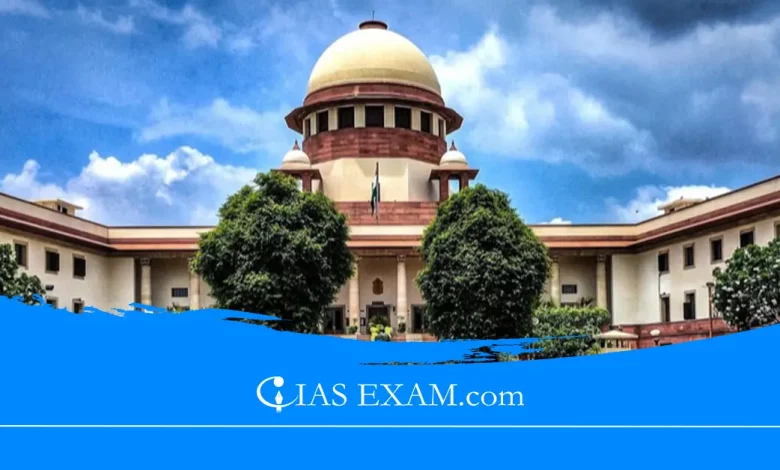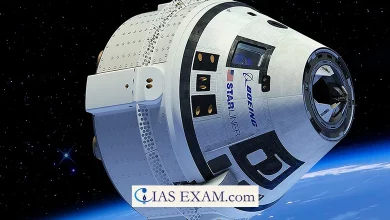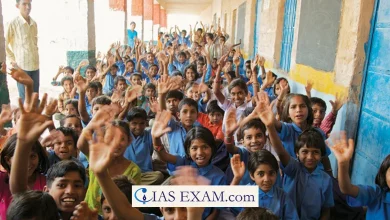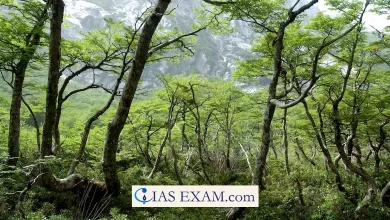Daily Current Affairs for UPSC
Supreme Court on Legislative Privileges
Syllabus- Indian Polity [GS Paper-2]

Context
The Supreme Court of India stated that MPs or MLAs cannot claim any immunity under Articles 105 (2) and 194 (2) for acts of bribery to cast a vote or make a speech in the House.
About
- A seven-judge Constitution Bench headed by Chief Justice of India (CJI) unanimously overruled its Judgement in P.V Narasimha Rao v. State (1998).
P.V Narasimha Rao v. State (1998)
- A 5-member Constitution Bench had held that parliamentarians and legislators enjoyed immunity for his or her actions on the floor of the House, even supposing they’d taken bribes to vote in a particular way.
- It allowed legislators to have immunity from prosecution in bribery instances underneath the Prevention of Corruption Act, 1988.
Supreme Court on Bribery and Legislative Privileges
- The Supreme Court of India ruled that MPs and (MLAs cannot claim any immunity from prosecution for accepting bribes to cast a vote or make a speech in the House.
- The court stated that the object of parliamentary privileges isn’t to set apart the participants of the legislature as persons who wield higher privileges in terms of immunity from the application of the general criminal law of the land.
- It has great implications for the exercising of parliamentary privileges and the scope of judicial overview.
Parliamentary and Legislative Immunity in India
- It is a system in which members of the legislature are granted protection from felony prosecution for movements taken or statements made in the direction of their official responsibilities.
- In India, this concept is enshrined in the Constitution and plays an essential function in the functioning of the country’s parliamentary democracy.
Constitutional Provisions
- Article 105 (2) of the Indian Constitution confers on MPs immunity from prosecution in respect of anything said or any vote given in Parliament or on any parliamentary committee.
- Similarly, Article 194 (2) grants safety to MLAs in the context of nation legislatures.
- These provisions are designed to permit legislators to specific their perspectives openly without concern for legal outcomes.
- They ensure uninterrupted representation and keep the balance of power in a democracy.
Implications of the Judgement
- The latest SC judgement has huge implications for the exercise of parliamentary privileges in India. It has extensive-ranging implications for the functioning of the Indian parliamentary system.
- It underscores the principle that nobody is above the law, not even lawmakers, and sends a strong message towards corruption and bribery in the legislative process.
- It opens the doors for regulation enforcement corporations to provoke prosecution against legislators in bribery cases underneath the Prevention of Corruption Act, 1988.
- It should doubtlessly result in more duty and transparency in the legislative process.
Conclusion
- Parliamentary immunity is a critical issue of India’s parliamentary democracy, permitting legislators to perform their responsibilities without fear of prison repercussions.
- However, current Supreme Court judgements have clarified that this immunity does no longer extend to acts of bribery, reinforcing the principle of probity in public life and the rule of law.
Source: The Hindu
UPSC Mains Practice Question
Q.Without Parliament Privileges, Members of Parliament cannot discharge their functions as entrusted upon them by the Constitution. Discuss. (250 Words)





.png)



